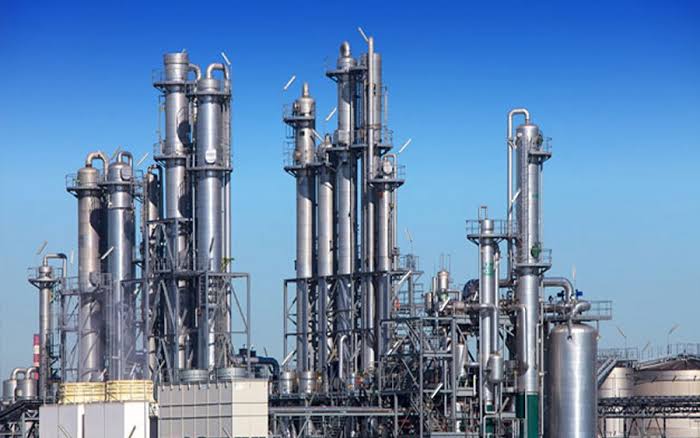Despite being one of Africa’s top oil producers, Nigeria spent a massive N1.19 trillion importing crude oil in the first quarter of 2025. This happened due to a serious shortage of locally available crude oil for domestic refineries, according to a new report by the National Bureau of Statistics (NBS).
The NBS report, covering the country’s foreign trade for Q1 2025, shows that crude oil—specifically “Petroleum oils and oils obtained from bituminous minerals, crude”—was the third most imported product in that period. It made up 7.7% of total imports, only behind gas oil and regular motor spirit, which were valued at N1.83tn and N1.76tn respectively.
A closer look at the data shows that the United States was the largest supplier of this imported crude, sending oil worth N726.84bn to Nigeria. This accounted for around 61% of the country’s crude imports. Angola followed with N223.58bn, and Algeria with N122.37bn, together making up the bulk of imported crude.
This large-scale importation signals how local refineries, including the much-discussed Dangote Refinery, are relying heavily on foreign crude because they are not receiving enough supply from within Nigeria. Many of these refineries, both modular and large-scale, have been operating below their full capacity.
The Crude Oil Refinery-owners Association of Nigeria (CORAN) has repeatedly raised concerns. CORAN’s Publicity Secretary, Eche Idoko, noted, “Local refiners, especially the modular refineries, have not been getting crude, I mean zero allocation, under the DCSO or any other special arrangement.”
The Domestic Crude Oil Supply Obligation (DCSO) is part of the Petroleum Industry Act 2021, meant to ensure that crude producers sell a portion of their output to local refineries. But reports show that up to 500,000 barrels per day intended for Nigerian refineries are still being sold abroad, in breach of this rule.
The Nigerian Upstream Petroleum Regulatory Commission (NUPRC) responded by banning the export of such crude meant for domestic use. The agency’s head, Gbenga Komolafe, noted that it is “a violation of the law” to divert crude from local refineries and warned that export permits will now be denied in such cases.
Even with this directive, refinery operators say the market still faces challenges. “We have resorted to private arrangements to source products. This process has been herculean,” Idoko explained, adding that most modular refineries are running far below capacity and have received little government support.
According to NUPRC data, eight Nigerian refineries, including Dangote, need about 770,500 barrels of crude daily to meet their operational targets in the first half of 2025. These include the Warri, Kaduna, and Port Harcourt refineries, as well as smaller facilities in Edo, Imo, and Delta States.
NUPRC also noted that the planned crude supply makes up around 37% of the expected national output for the first half of the year. The commission stated that its “Project One Million Barrels,” launched in late 2024, has helped boost production levels for both domestic use and export.
However, there is still a gap between policy and practice. Many oil companies prefer selling their crude to foreign buyers for quick foreign exchange earnings, rather than meeting domestic supply obligations.
The Petroleum Products Retail Outlets Owners Association of Nigeria also noted this problem and praised the NUPRC for its recent crackdown. Still, they warned that enforcement must continue if Nigeria is to end its dependence on imported petroleum products.
During Q1 2025, Nigeria’s total imports stood at N15.43tn. Of that, mineral fuels—including crude, gas oil, and petrol—accounted for N4.97tn, or 32.23% of the total. Meanwhile, crude oil exports fell to N12.96tn in the same period, though it still made up 62.89% of all exports.










